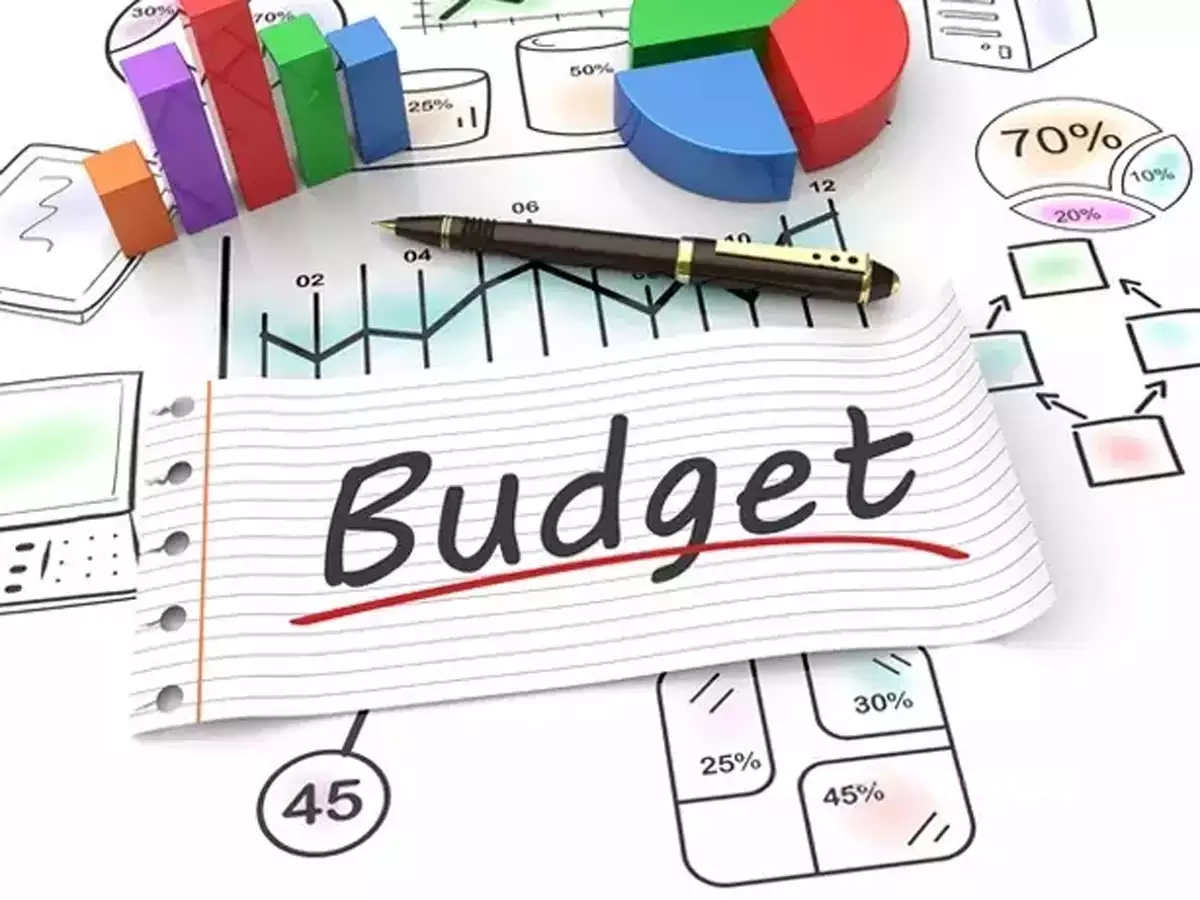
Budget
Date: May 19, 2025
Day: Monday
Economy
Title: Why the Union Budget Belongs in the ‘Economy’ Category (and Why It Matters to Everyone)
Every year, the Union Budget draws national attention. It’s a day of charts, numbers, announcements—and a flood of headlines. But when you’re categorizing content or trying to understand the big picture, a question comes up:
Which category does the Budget really belong to?
➤ The Budget is Primarily an Economy Document
At its core, the Union Budget outlines the government’s income and spending plans for the upcoming financial year. It includes:
-
Total government revenue (taxes, borrowings, etc.)
-
Planned expenditure (infrastructure, subsidies, defense, welfare, etc.)
-
Fiscal deficit targets
-
Growth estimates and economic forecasts
These elements influence inflation, interest rates, job creation, GDP growth, and overall economic direction—which is why the Budget is fundamentally a matter of Economy.
➤ But It Also Touches These Key Areas:
1. Income Tax
If you’re a salaried individual or a business owner, this is often the most anticipated part of the Budget. The finance minister might revise:
These changes directly affect your take-home salary and savings.
2. GST
Although GST changes are mostly decided by the GST Council, Budget speeches occasionally include updates or intentions related to indirect taxation, compliance, and digital filing systems.
3. Personal Finance & Investment
Budget announcements often influence:
-
Market sentiment (Stock markets often rise or fall based on budget announcements)
-
Interest on small savings schemes
-
FDI and mutual fund policies
-
New tax-saving instruments or limits
Whether you're an investor or just trying to manage your monthly budget, these changes matter.
➤ Why the Category Matters
If you're writing, reporting, or organizing financial content, putting the Budget under Economy helps readers understand its macro perspective—while still connecting it to personal impacts in finance, tax, and business.
Conclusion
The Union Budget is more than just numbers on paper—it’s a blueprint for the nation’s economic priorities. So while it touches every citizen and spans across topics like tax and investment, its rightful home is the Economy category